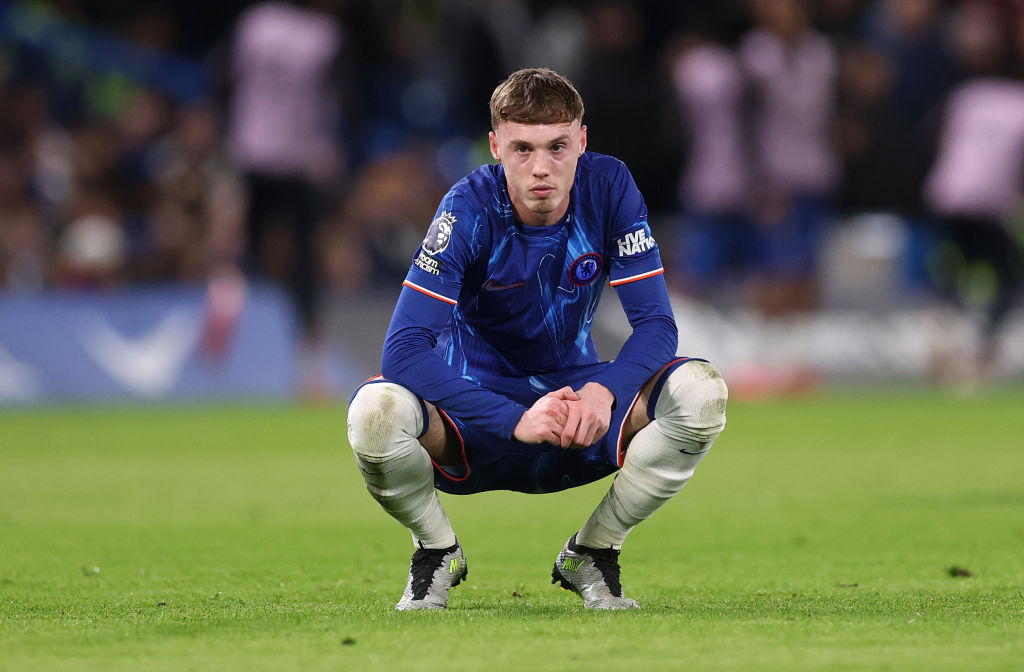Kris Boyd's MLS move highlights the league's complexities
Given Bill Shankly's professed admiration of socialism in relation to football, one would imagine he'd quite enjoy the financial regulations employed by Major League Soccer.
While the economic disparity between the top and bottom of England's Premier League is often highlighted, the same issue fails to surface in MLS. In line with most US sports, the league strives towards financial parity and providing every team with an equal opportunity of winning.
Take for example Kris Boyd's recent move to the Portland Timbers. The former Rangers striker had been in negotiations with Houston Dynamo â even flying to Texas â but the two parties failed to come to an agreement.
While holding discussions with Boyd, Houston placed 'discovery claims' on him. This meant that, in the event of a rival MLS club signing Boyd, Houston would have to be compensated. At the same time, Boyd's agent began discussions with the Portland Timbers, managed by former Chelsea player John Spencer.
Despite strong interest from the Dynamo, Boyd chose to sign with the Timbers. As a consequence, Portland traded a first-round 2013 draft pick to Houston in order to complete the deal, meaning Houston actually gained something from not signing Boyd.
Advocates of 'discovery claims' believe the system benefits all parties involved. Portland acquired a striker to replace the recently departed Kenny Cooper, Boyd gets to join his preferred MLS side, and Houston get something to ease the pain of missing out on a player of Boyd's potential.
But just as socialism has its detractors, discovery claims also garner criticism. A team may hold 10 claims at any one time â they expire on September 1st each year. Although in Boyd's case Dynamo clearly made a genuine attempt to sign the player, it has been suggested clubs may seek to gain an advantage by staking a claim in a player they have no real intention to pursue. If such a case did present itself, it's likely the league would punish the offending team, should this be proven.
Get FourFourTwo Newsletter
The best features, fun and footballing quizzes, straight to your inbox every week.
Now you may question why such rulings exist. Essentially it's to prevent an auction between clubs. After all, MLS is a single-entity league and internal competition only invokes bidding wars, which raise salaries. It also serves in the best interest of the clubs due to the stringent financial constraints of the salary cap, which attempts to negate financial wastage.
The concept convolutes itself further when you learn the list of discovery claims is kept secret by the league. Working out which clubs found certain players requires Sherlockian deduction, or a leak of information from a club (often the one that will benefit).
Of course, this also holds wider implications. To use a hypothetical example: Player A is 'discovered' by Club X. In the meantime, Club Y show a distinct interest in Player A â but upon learning that they would have to forfeit something to Club X, decide against making a move.
In those circumstances, the potential impact of Player A on MLS bears little relevance, as he (and the US game) will have missed out on a potentially mutually beneficial move. What was implemented to breed fairness can be twisted to serve a more sinister purpose.
Thankfully that wasn't the case here, but what's important for Portland fans is that Boyd represents a substantial gamble. The Timbers made space for him by moving Kenny Cooper â admittedly far from prolific last season â on to New York Red Bulls, so if Boyd struggles in Oregon, they'll have strengthened two rivals at once for no appreciable gain.
The pressure is on the new guy. Timbers fans have been eager for a synopsis of his talents, and the response is simple: goals and little else. That's what convinced Middlesbrough to furnish him with a lucrative contract after he left Rangers on a free in 2010. Unfortunately, the goals weren't nearly frequent enough (six in 27 league games to be precise), leading to claims of Boyd being lazy and one-dimensional.
Serving only to intensify the pressure, Boyd also enters Portland as a designated player. Often referred to as the 'Beckham rule'â it allows dispensation to have a player outside of the salary cap. As with other DPs, Boyd will receive $335,000 from the salary allocation with the club's owner collecting the rest of the bill.
While Boyd awaits a decision on his work visa, it's believed he'll join Portland at their LA training camp which began this week. Considering there was reported interest from a number of Championship clubs as well as tentative links to former club Rangers, Boyd's decision is something of a coup for MLS and shows that the US is becoming a more considered option for European players.
His MLS career potentially begins in March with a home game in the atmospheric Jled-Wen field against the Philadelphia Union. Then in May he makes the trip to Houston, at which point both sides should be able to define who came away best from the complex deal with Timbers owner Merritt Paulson already sounding confident: "Kris perfectly fits the profile of the team's needs and will make a huge impact."
